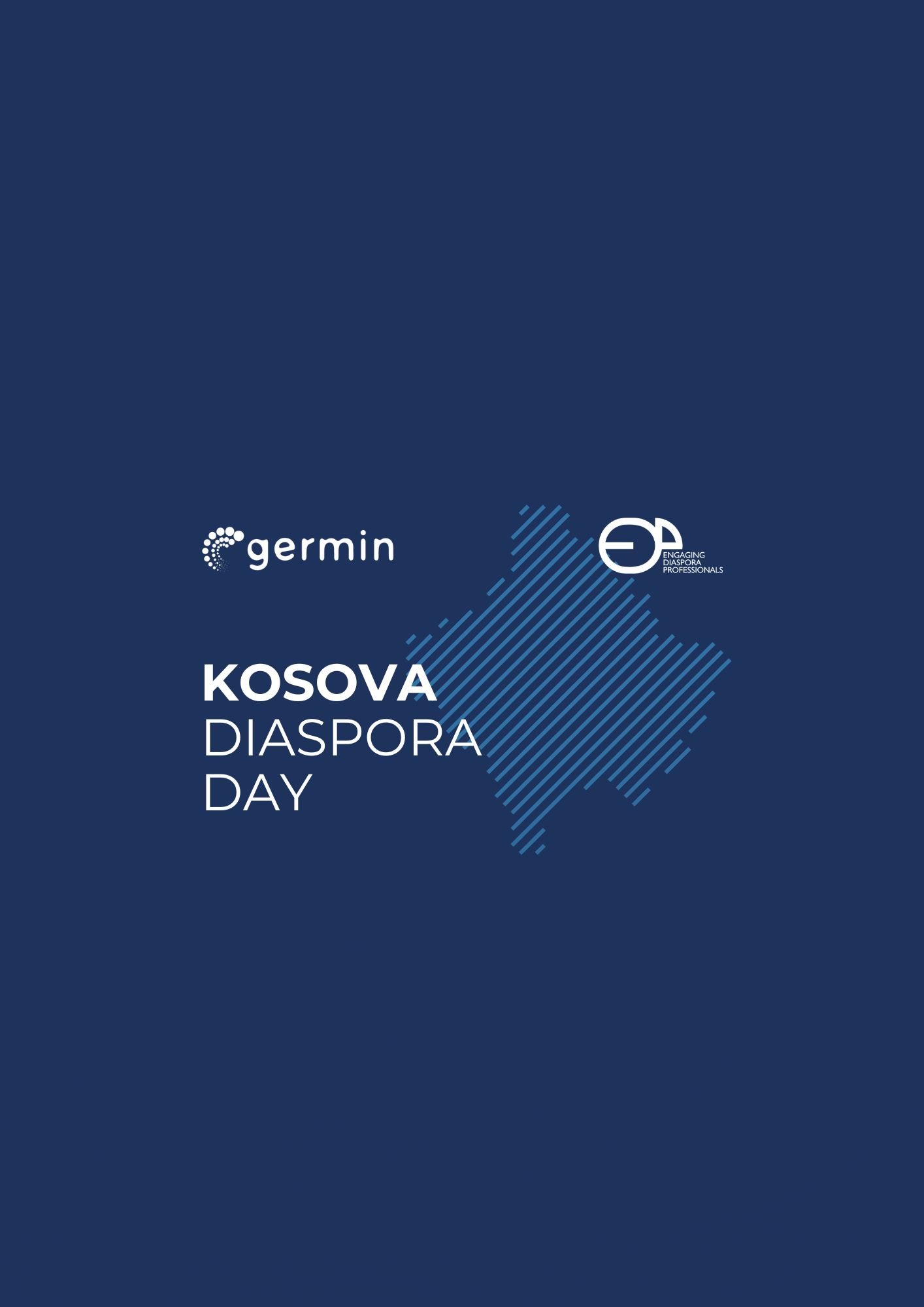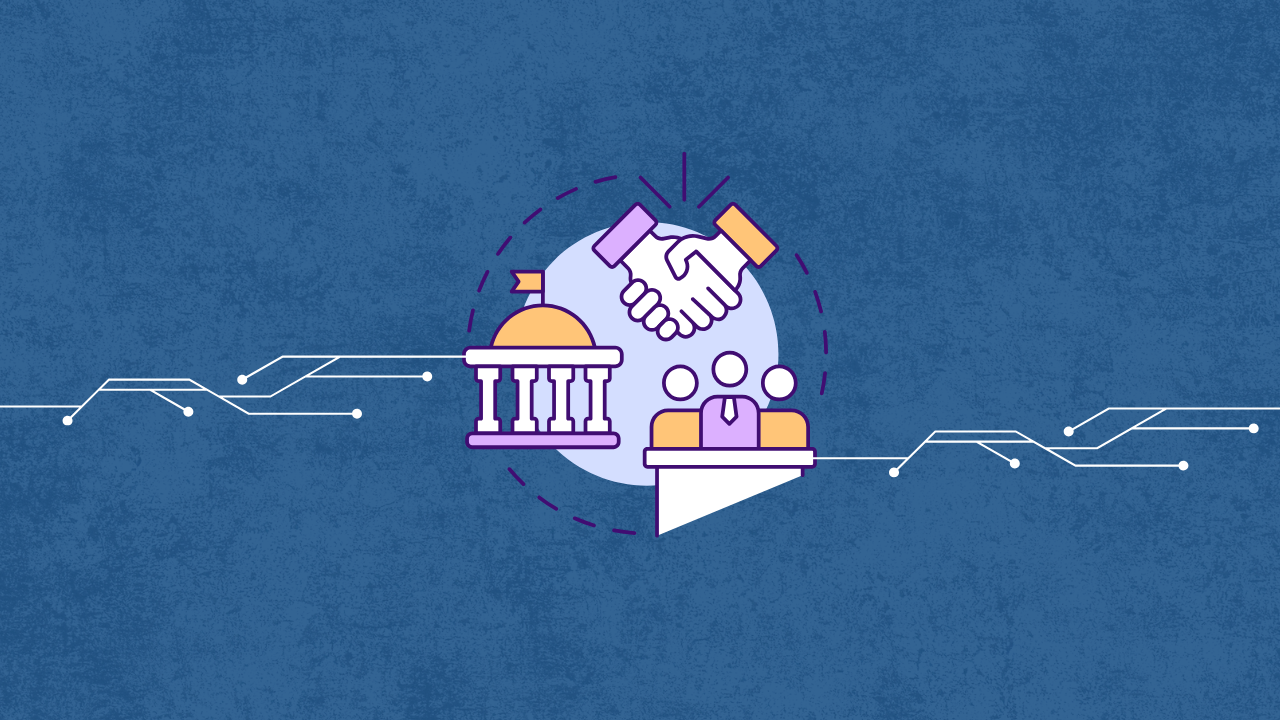During the Diaspora Flet 2020 conference, the panel “Human Capital: Brain Gain and Foreign Direct Investment in the Digital Age” was held.
Together with the five panelists from USA, Germany, Kosovo and Albania, the moderator talked about the possibilities for facilitating and gaining the brain, respectively the transfer of knowledge and skills from the diaspora to the countries of origin but also the opportunities offered especially by digitalization for engaging experts from the whole world. It was also discussed where the potential lies, what policies should be implemented and what types of migration programs should exist to enable return in the short and long term in our countries.
The purpose of this panel was to identify the undiscovered or insufficiently researched potential of our diaspora and to talk about remittances as the most direct means sent by the diaspora as financial aid and how to transfer that money to long-term aid, structured to a development self-sustaining.
On the panel was Faton Limani, who has taught and assisted in leadership courses at Harvard, where he has also studied and trained hundreds of students, corporate executives and young professionals in the field of leadership development. He holds a Master’s degree in Public Administration from Harvard Kennedy School and in Economics / Management at the University of Prishtina. Fatoni answered the question whether he sees an opportunity to gain experience from our experts in the diaspora, who may not be able to physically return to Kosovo because they may not be able to cope with low wages financially. Here Fatoni sees as a priority the modern technology that has made possible the reduction of time and cost of transfer of know-how. This is an excellent opportunity for Kosovo to take advantage of the high potential of the diaspora. This can be achieved in a variety of ways, such as through online teaching and training and the creation of online working groups around different policy areas. Fatoni emphasized that on the front of economic development, Kosovo should focus on creating a long-term economic development plan that will make our economy competitive and will prepare the country to be an equal member of the EU and NATO. For this plan to work, Kosovo needs to focus its economic development on sectors with high potential, such as computer science, engineering, etc., and recruit qualified professionals from the diaspora. These professionals will not only bring their knowledge and experience but also their network, which is very important to make Kosovo a hub for the above sectors with complexity and high demand in the market today.
It was also discussed with the panelists that in these efforts for brain recovery there is also financial assistance from international programs. There are projects that try to help young experts engage in their countries of origin. One of these projects is funded by the German GIZ and implemented in Albania and Kosovo. Under this program Young Professionals are enabled to return to their country of origin for a short minimum of 3 weeks up to 24 months (long term) and commit to contributing to their professional field. During September and October 2020, the panelist and industrial engineer Agon Kamberi was engaged as a Diaspora Expert in Tirana in the General Directorate of Policy and Development of Industry and Energy in the Ministry of Infrastructure and Energy. During his volunteer engagement he made an economic and technical analysis on the “National Energy Strategy” and created a sequence of strategic steps to achieve the set objectives and steps to prevent the energy crisis in the country. Agoni also emphasizes that the concept of voluntary engagement is very underestimated and so there are international funds that remain unabsorbed, because the necessary structures in the form of organizations, etc. are missing.
Agoni, as a connoisseur of politics, administration but also the field of business, was asked what are the areas for which the need for the implementation of programs is most present and where our diaspora can / should be engaged. He is of the opinion that countries like Albania, Northern Macedonia and Kosovo have small economies and there is still the illusion that large international companies will come with strategic investments to build large factories and create jobs in these countries. This is probably wrong and will not happen as desired, because not only is there a lack of trust in the rule of law, but beyond that there is a lack of processing industry and supply chains, a stable energy supply, but also a lack of necessary human resources. sufficient know-how.
He explained that an opportunity for the diaspora to engage can be research and scientific publications sharing their professional knowledge. Agoni also proposes to create a platform / digital catalog for diaspora research papers related to countries of origin. It can collect various scientific papers defended at universities around the world.
It has been said that the return of the diaspora to their countries of origin is different from migration or brain drain: it is not simply a rational calculation of costs and benefits – because in most cases survival in home countries is more difficult than in western countries: return contains emotional aspects. Besa Neziri Rugova, is a Kosovo-born designer, who in Prishtina completed her studies at the Faculty of Art in the field of painting, while in New York City she studied Fashion Design at the most prestigious Parsons School of Design. Besa in Kosovo returned in 2016 where she opened her studio, and until August 2020 she continued to share life between New York and Pristina. Now she is back in Kosovo forever. Besa was asked when she opened a business in Kosovo, after returning from the US, what obstacles she encountered and what prevented her the most and what she wished for or what she advised institutions to encourage the return of brains and talent.
Besa mentioned that she encountered a lack of information, in general, so she was forced to get the information they needed to open a business only through word of mouth, through connections with people she knew. This has been very troublesome and tedious. Besa proposes that the institutions establish at least one information center, with basic information for opening businesses, by the diaspora. But also the creation of instruction leaflets and also a special department for instruction where they would hire professional staff, which would be hospitable and encourage the diaspora to invest. She also mentioned financial facilities for the first year, such as exemption from high tax payments. Have an incubator where new businesses from the diaspora receive services at very low prices in the beginning, until they “get on their feet.”
We also talked to Lulzim Syla, who is one of the founders, co-owner and Managing Partner in ELEN, one of the largest companies of electrical engineering and renewable energy in Kosovo and the region. During his career he has been a participant and has actively supported the creation of many start-up businesses and development projects in Kosovo. Lulzim has answered the question on the biggest differences which she thinks are most important for the development of the economy and innovation in our country and where do you see the potential of our diaspora in this regard? Lulzim said that we should approach the problems from primary and secondary school to achieve increased international cooperation. There should be more like bone centers where children are encouraged to discover their talents and abilities. In these vocational schools, the state of Kosovo should prepare human resources for foreign investors. But there should also be more centers like ICK, where businesses coming from the diaspora can be helped. For politics, I propose that start-ups from the diaspora be exempted from taxes for the first year of their engagement in their home countries.
It was also discussed that if we want to systematically look at the social and economic circumstances of migrants returning to their homeland, we find it extremely difficult in terms of data: we do not have numbers or statistics with which a government can work. Lulzim was also of the opinion that a database must be created where all diaspora experts are registered.
Dritan Mezini was also invited to the panel, Dritani is the founder and Executive Director of DM Consulting Services. He is also the founder of the work portal www.duapune.com and holds the position of Executive Director of the Albanian Association of Information Communication Technology. Dritani shows what policies should be implemented to promote the engagement of our diaspora and what potential is the head of digitalization.
Especially, like him, programs, events, initiatives should be created where the diaspora can participate and contribute to the sharing of knowledge, employment opportunities in Albania, Kosovo, Macedonia. But also to establish an “Albanian Development Aid for the Diaspora” (this can be a Trust Fund from all countries involved) – the Diaspora Development Fund (Trust Funds) which supports projects generated by the Diaspora in cooperation with local players.
Dritani also mentioned the importance of creating an integrated diaspora database (skills, knowledge, expertise, interests) and especially the coordination of all actors (government, non-government, private) and associations under the cause of the Diaspora.
About the author: Fellanza Podrimja is a political advisor of the Prime Minister, Albin Kurti. Before that, she was the public relations, economic and educational advisor to the Mayor of Prizren Municipality, Mytaher Haskuka. Previously she worked as a consultant for a management consultancy in Berlin. Her main focus in this position was on energy policy. From 2010 to 2016 Fellanza Podrimja studied in Regensburg and at the Ludwig Maximilians University in Munich. She is M.A. of law and political science.



